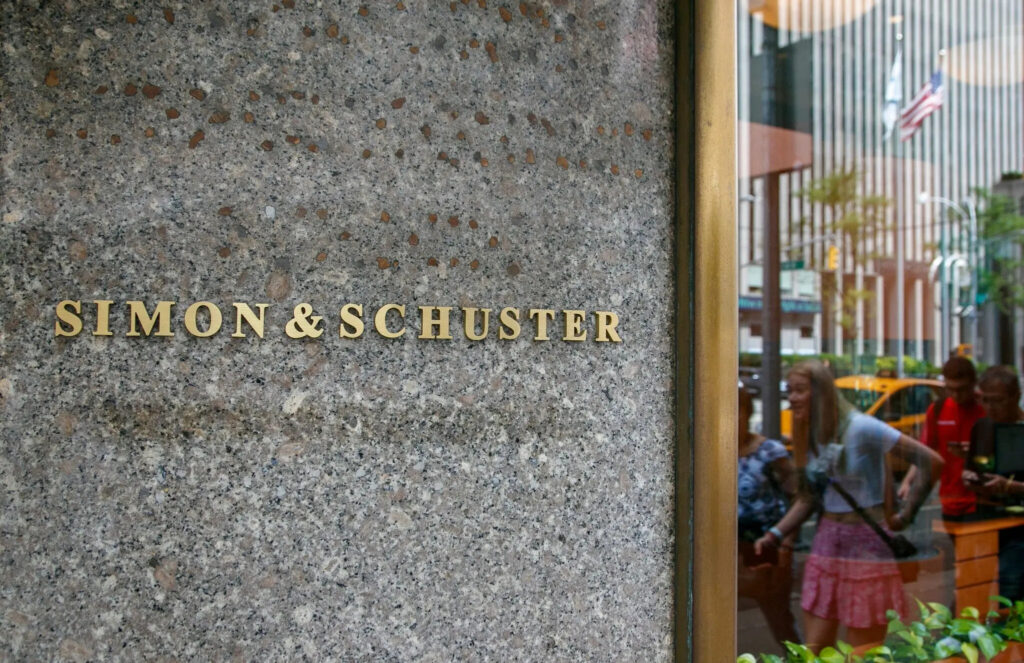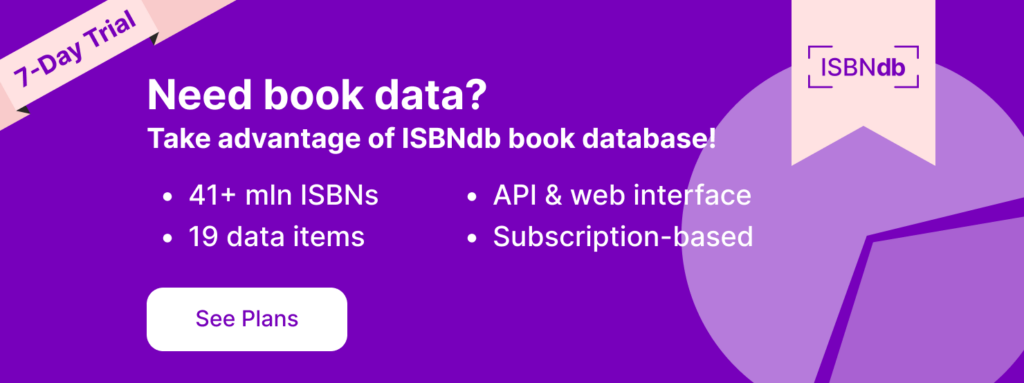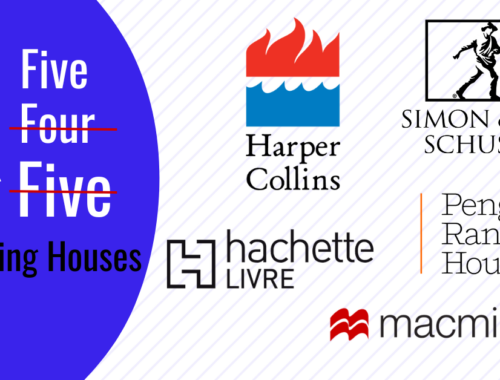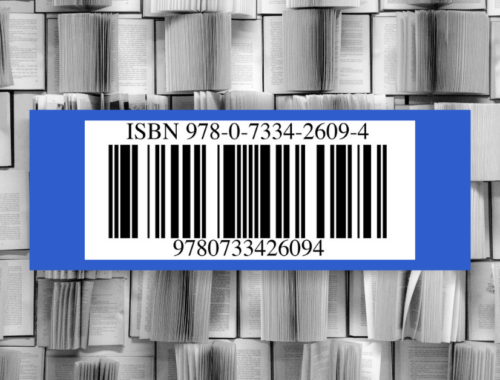
The book industry is always evolving, with each month filled with business deals, distinguishing honors, internet memes, and social movements.
Here’s the major book industry news you may have missed in August 2023.
- 2023 Booker Prize Longlist Revealed
- Simon & Schuster Sold for $1.62 Billion
- The Fight Against AI Continues
- Small Wins Against Censorship
- Booksellers and Publishers Zero In on “BookTok”
2023 Booker Prize Longlist Revealed
As one of the most prestigious awards in the book industry, publishers and authors alike have waited with bated breath for the nominee announcement, which came at the beginning of August.
Jury chair Esi Edugyan released a statement about the nominees: “The list is defined by its freshness—by the irreverence of new voices, by the iconoclasm of established ones.” (via Publisher’s Weekly)
Out of 163 publisher-submitted titles, only 13 novels scored a coveted spot on the longlist:
- A Spell of Good Things by Ayọ̀bámi Adébáyọ̀
- Old God’s Time by Sebastian Barry
- Study for Obedience by Sarah Bernstein
- If I Survive You by Jonathan Escoffery
- How to Build a Boat by Elaine Feeney
- This Other Eden by Paul Harding
- Pearl by Siân Hughes
- All the Little Bird-Hearts by Viktoria Lloyd-Barlow
- Prophet Song by Paul Lynch
- In Ascension by Martin MacInnes
- Western Lane by Chetna Maroo
- The Bee Sting by Paul Murray
- The House of Doors by Tan Twan Eng
On September 21, the six finalists will be announced. Later, on November 26, the 2023 Booker Prize winner will be officially announced.

Booker Prize judges 2023, Image Source
Simon & Schuster Sold for $1.62 Billion
In 2020, the world’s largest book publisher, Penguin Random House attempted to purchase fellow “Big Five” publisher, Simon & Schuster. Unfortunately for Penguin Random House (but fortunate for consumers, as monopolies in any industry can wreak destruction), this acquisition was blocked by a judge in November 2022, due to the belief that it would lessen competition “in the market for the US publishing rights to anticipated top-selling books.”
In August 2023, Simon & Schuster was purchased by private equity firm KKR for a whopping $1.62 billion.
President and CEO of Simon & Schuster, Jonathan Karp, released a statement, saying, “All of the executives at Simon & Schuster who met with KKR came away from those conversations impressed with the depth of KKR’s interest in our business and their commitment to helping us grow, thrive and become an even stronger company.” (via The Guardian)
This $1.62 billion deal is a far cry from Penguin Random House’s initial offer of $2.2 billion. However, it should still prove lucrative for private equity firm KKR as Simon & Schuster currently publishes titles from recognizable names like Colleen Hoover, Stephen King, and Bob Woodward.
The Fight Against AI Continues
Authors and publishers have voiced growing concerns about the use of artificial intelligence, which studies the work of real, human writers in order to “learn” its craft.
A landmark lawsuit filed on June 28 and July 7 by the San Francisco-based Joseph Saveri Law Firm on behalf of five, recognizable plaintiffs:
- Canadian novelist Mona Awad (Bunny)
- American author and editor Paul Tremblay (A Head Full of Ghosts)
- American horror novelist Christopher Golden (Road of Bones)
- American serial novelist Richard Kadrey (Sandman Slim)
- Comedian Sarah Silverman (The Sarah Silverman Show)
This lawsuit has gained traction in the news, due to its claims against ChatGPT creator OpenAI and Meta in belief that these companies have infringed on author copyright.
Since then, the fight against AI has moved far beyond American borders.
On August 31, the Publishers Association in the United Kingdom began putting pressure on the prime minister in order to protect authors’ intellectual property rights in the face of AI.
A letter released by the Publishers Association, directed to UK lawmakers, states: “On behalf of our industry and the wider content industries, we ask that your government makes a strong statement either as part of, or in parallel with, your summit to make clear that UK intellectual property law should be respected when any content is ingested by AI systems and a licence obtained in advance.”
Since its inception, AI’s learning model—one that relies on the use of human-created content—has been a point of contention for writers and content creators of all types. As the year goes on, expect to see more arguments both for and against the use of AI in the publishing industry.
Small Wins Against Censorship
Especially in the United States, censorship has become a hot button issue, one that authors and publishers have been fighting tooth and nail against.
On August 31, the US District Court granted a preliminary injunction barring implementation of a harmful Texas censorship law. This law, known somewhat ironically as “The Reader Act,” would have required bookstores (independent and national chains), online retailers, publishers, and other vendors to rate books, magazines, and other library materials according to “sexual content.”
The term was not clearly defined, leading to fears of censorship of books surrounding LGBTQIA+ topics.
Though a small win, the preliminary injunction has sowed hope for those fighting against unnecessary and often harmful censorship.

Booksellers and Publishers Zero In on “BookTok”
On TikTok, there is a large community of readers, lovingly referred to as “BookTok”. The group largely consists of teenagers and young women—a demographic that is well-known for being voracious supporters of their favorite types of media and creators—so publishers have taken notice.
In August, BookTok creators announced their inaugural “BookTok Book Awards”. Nominees include titles such as Honey & Spice by Bolu Babalola, Lies We Sing to the Sea by Sarah Underwood, and Maame by Jessica George.

Bolu Babalola, Holly Jackson, and Eden Victoria. Image Source
These books have seen surges in sales due to their popularity online, which has led to publishers and booksellers showing increased interest on the platform.







